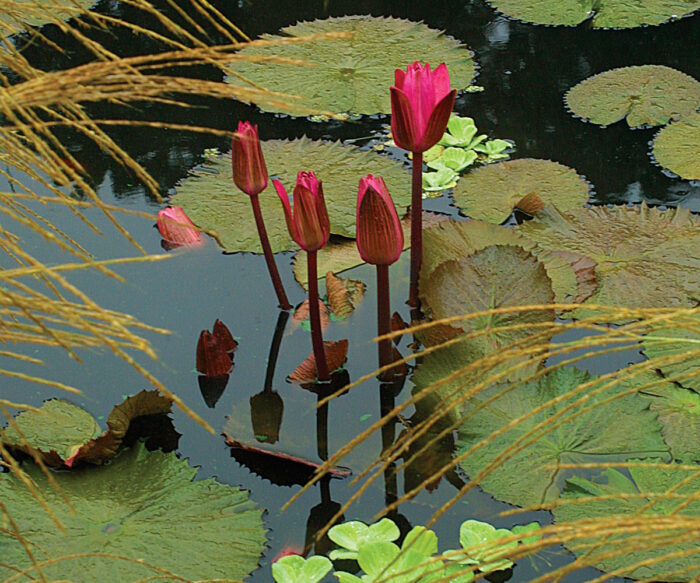
How do you keep a water garden from attracting mosquitoes? I’d love to have one, but I don’t want the bugs.
—Eva Carlow, Iowa City, Iowa
John Bueglas, entomologist and operator of Dubé Botanical Gardens in Antigonish, Nova Scotia, responds:
“West Nile Virus,” “spiral meningitis,” and “mosquitoes”—combine these three terms and the result is an unwarranted fear of all bodies of water as a potential breeding ground for illness. The best habitat for mosquito larvae is actually shallow, stagnant water, which is not commonly found in backyard ponds. Mosquito larvae are air breathers with a breathing tube like a snorkel that must break the surface of the water for them to take in air while they stay under water to look for food. If the water’s surface is moving, it becomes virtually impossible for them to breathe and they drown.
Products that control mosquito larvae are available to consumers. Items like mosquito pucks contain Bacillus thuringiensis spp. israelensis, which is a bacterium that will kill mosquito larvae (but has no effect on eggs or pupae). While they are effective, they must be replaced regularly. There are easier, more natural ways to keep mosquitoes at bay, including using plants that block bugs and fish that love to munch on insects and their larvae. These alternatives do the job on a permanent and ongoing basis, while also enhancing the beauty and enjoyment of your pond.
3 natural mosquito solutions
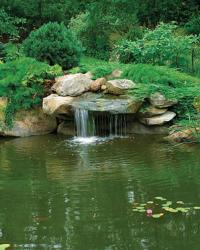
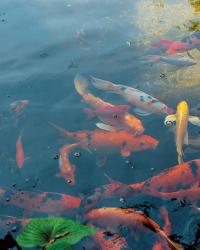
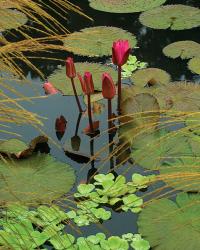
Moving water: A waterfall, a fountain, or an air bubbler keeps the surface water constantly moving, which will keep female mosquitoes from laying their eggs. Or you can install a small pump in container ponds, such as half barrels, to create a fountain or to swirl the water gently, which will also discourage egg laying. The main point: Moving water equals no mosquitoes.
Hungry fish: Fish are good at keeping out mosquitoes by eating them, but large fish, like koi, are often too big to feed on small larvae; guppies or killifish are more appropriate for this purpose. The trick is not to feed them—or, at least, feed them very little—because an outdoor pond has enough insects, algae, and other organisms to feed your fish naturally.
Floating plants: Plants can be useful in reducing the surface area of ponds. Waterlilies (Nymphaea cvs., USDA Hardiness Zones 3–11) are the best choice for this, but many floating plants will also block out mosquitoes. Be sure to check invasive reports before purchasing water plants, as many varieties are invasive.
Fine Gardening Recommended Products
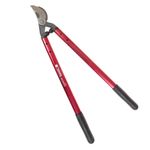
Corona High Performance Orchard Loppers
Fine Gardening receives a commission for items purchased through links on this site, including Amazon Associates and other affiliate advertising programs.

Stihl GTA 26 Wood Cutter with AS 2 Battery and Charger AL 1, Battery Operated
Fine Gardening receives a commission for items purchased through links on this site, including Amazon Associates and other affiliate advertising programs.
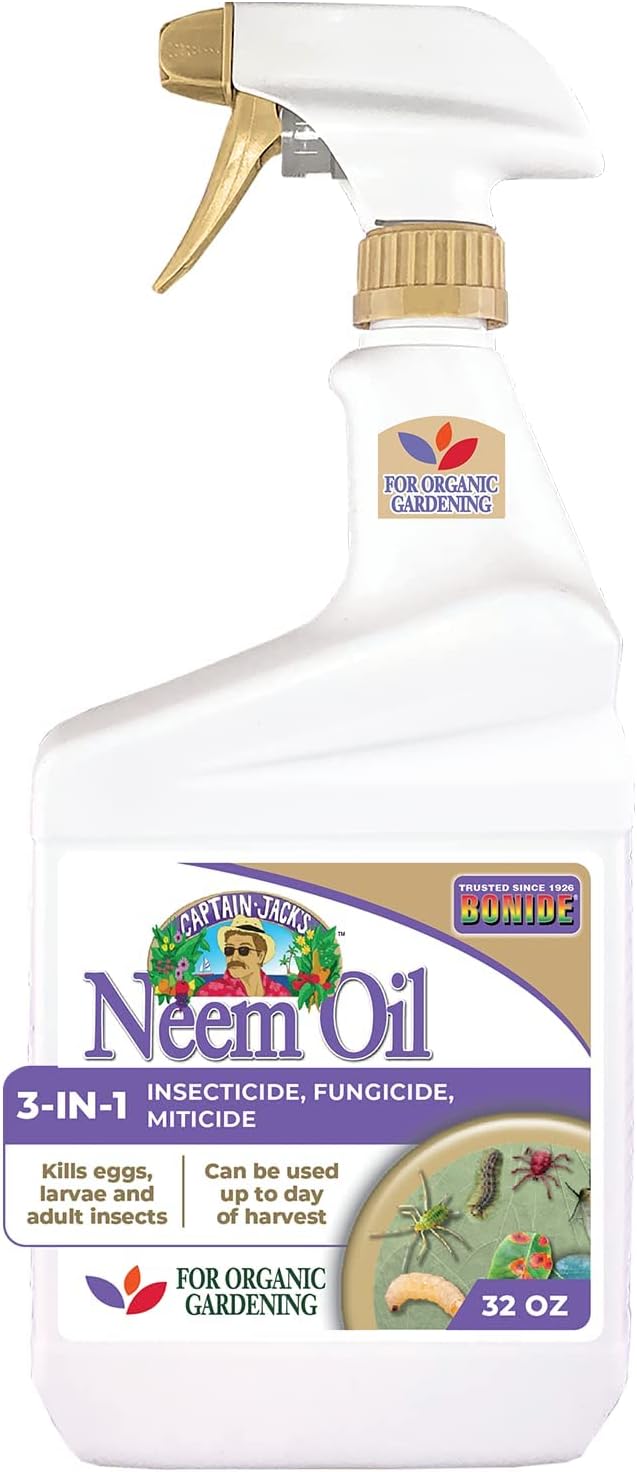
Bonide Captain Jack's Neem Oil, 32 oz Ready-to-Use Spray, Multi-Purpose Fungicide, Insecticide and Miticide for Organic Gardening
Fine Gardening receives a commission for items purchased through links on this site, including Amazon Associates and other affiliate advertising programs.

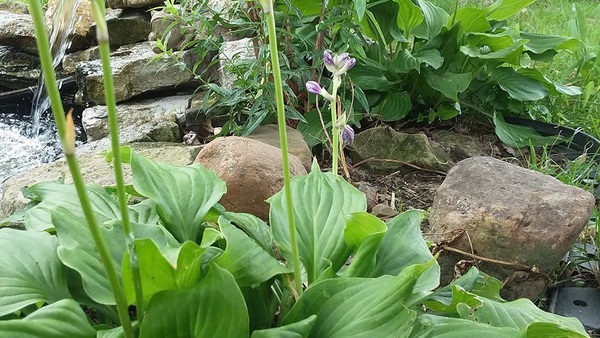
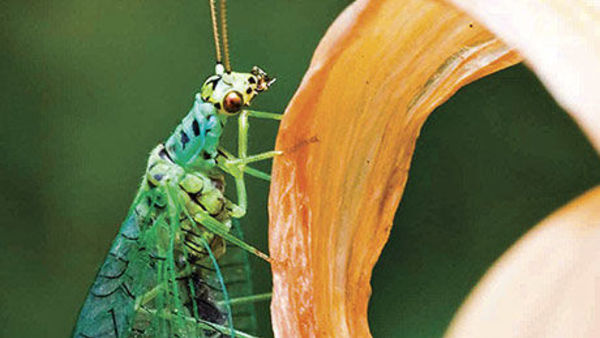
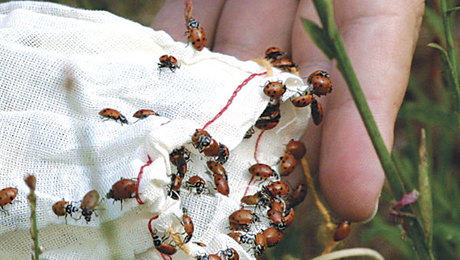
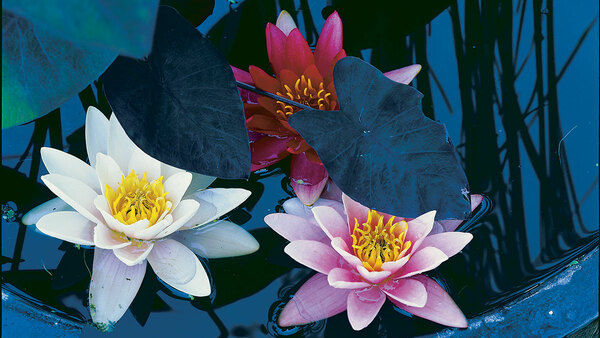
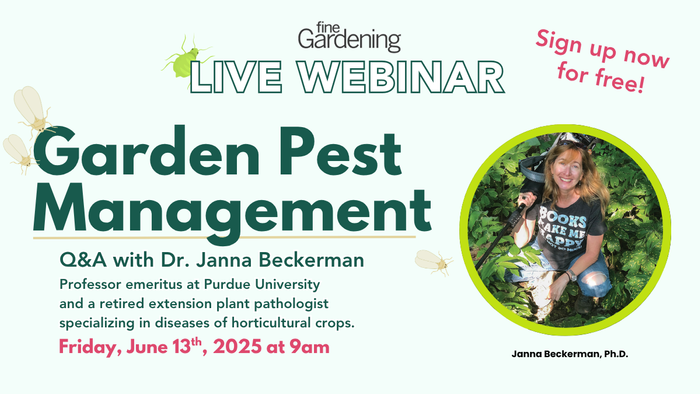
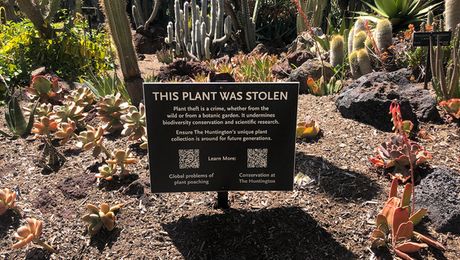
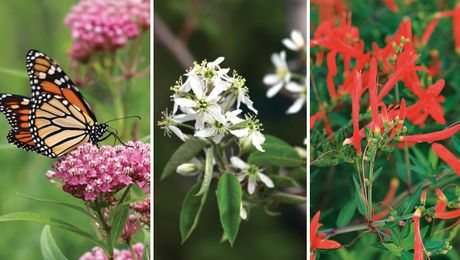










Comments
I would love a water element on my back patio!
There is a good new water ionizer ECOPOOLUS - https://ecopoolus.com/natural-pond-cleaner/
1- cleans water from algae and bacteria
2- mosquitoes disappear (do not reproduce)
I have a water garden but I am always scared to go closer to it as there are a lot of mosquitos dwelling in that garden. I will follow your given process in order to make that garden mosquito-free so that I could enjoy sitting there. Now I would like to visit the Affiliate Marketing Programs to choose one of them as I am planning to develop affiliate marketing website to expand my business.
Log in or create an account to post a comment.
Sign up Log in